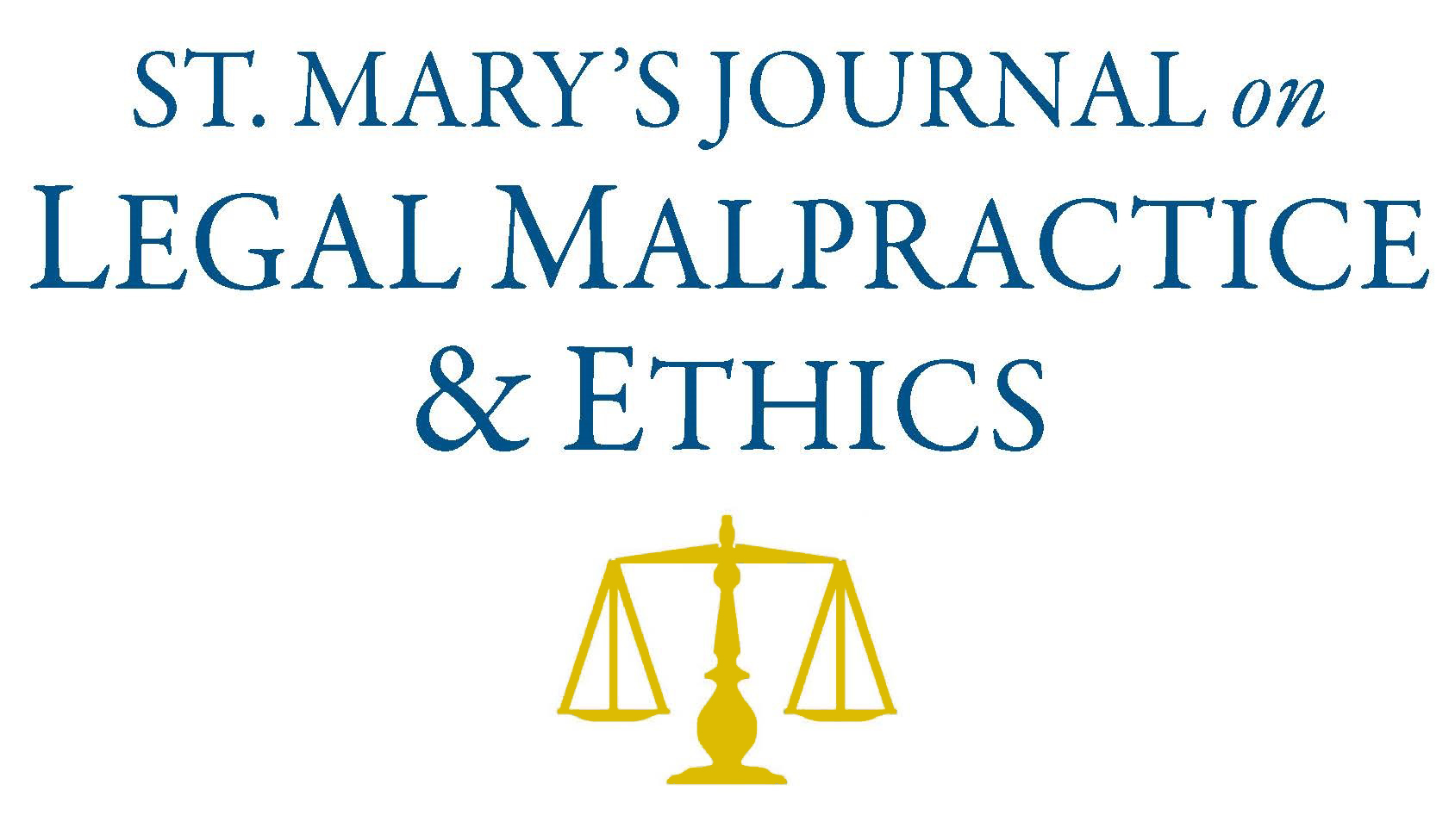
First Page
338
Date Created
7-2018
Publisher
St. Mary's University School of Law
Editor
Martha Alejandra Salas
Last Page
373
Abstract
U.S. attorneys often hire consulting experts who potentially never get named as testifying experts. The same practice is evident in Australia, where the colloquial distinction is between a “clean” and a “dirty” expert, the latter being in the role of a consultant who is considered a member of the client’s “legal team.” A “clean” expert named as a witness is then called “independent,” signaling that he or she is not an advocate. In contrast to the U.S. discourse concerning consulting and testifying experts, focused on discovery issues, the conversation in Australia betrays immediate ethical concerns that both (i) explain why the term “dirty” is used to describe an advocacy-oriented expert, and (ii) likely arise from the fact that in the United Kingdom and in some Australian states, a testifying expert is bound by a code of conduct providing that his or her primary duty is to the court. In the U.S. context, there is seemingly nothing troubling about a consulting expert later becoming a testifying expert; in Australia, that situation raises red flags, because an expertadvocate- on-the-team during settlement negotiations would then be required to be independent—a potentially difficult transition.
Should U.S. attorneys be concerned with the rules that allow an attorney to keep all interactions with a consulting expert (who is not selected to testify) hidden from opposing counsel––and even from a later-retained expert who will testify? The purpose of this Article is to explore potential ethical issues raised by the use of consulting experts—for example, are the risks of an attorney influencing or manipulating a testifying expert’s opinion increased by the use of consulting experts who are neither disclosed nor subject to discovery? Are we worried that, after working with a dirty expert to identify all the weaknesses of a case, a clean expert may be manipulated by limiting the information that is known by the attorney and given to the clean expert who will testify? And finally, did the 2010 amendments to Federal Rule of Civil Procedure 26, limiting discovery of expert draft reports and communications with testifying experts, actually reduce the perceived need to use, strategically, consulting experts?
Recommended Citation
David S. Caudill,
"Dirty" Experts: Ethical Challenges Concerning, and a Comparative Perspective on, the Use of Consulting Experts,
8
St. Mary's J. on Legal Malpractice & Ethics
338
(2018).
Available at:
https://commons.stmarytx.edu/lmej/vol8/iss2/3
Included in
Civil Procedure Commons, Courts Commons, Evidence Commons, Law and Society Commons, Legal Education Commons, Legal Ethics and Professional Responsibility Commons, Legal Profession Commons, Legal Remedies Commons

